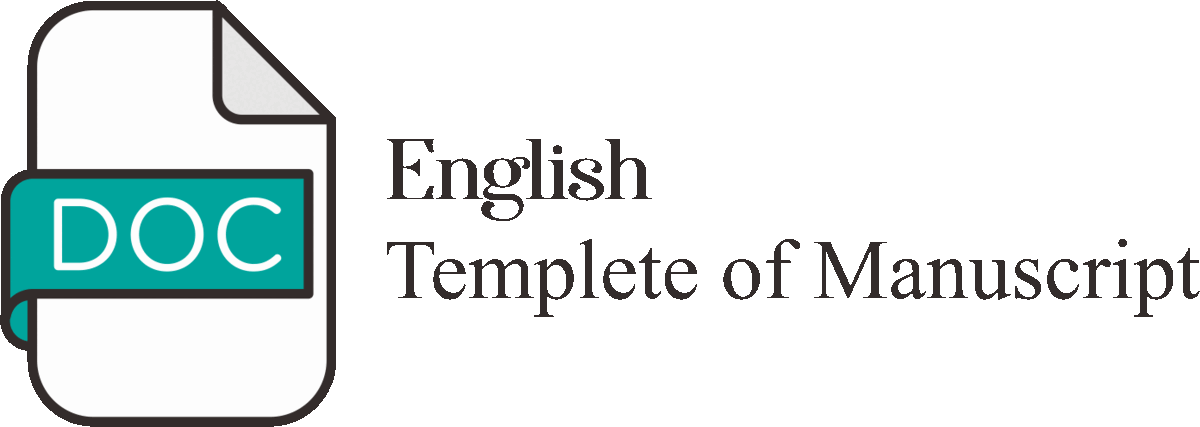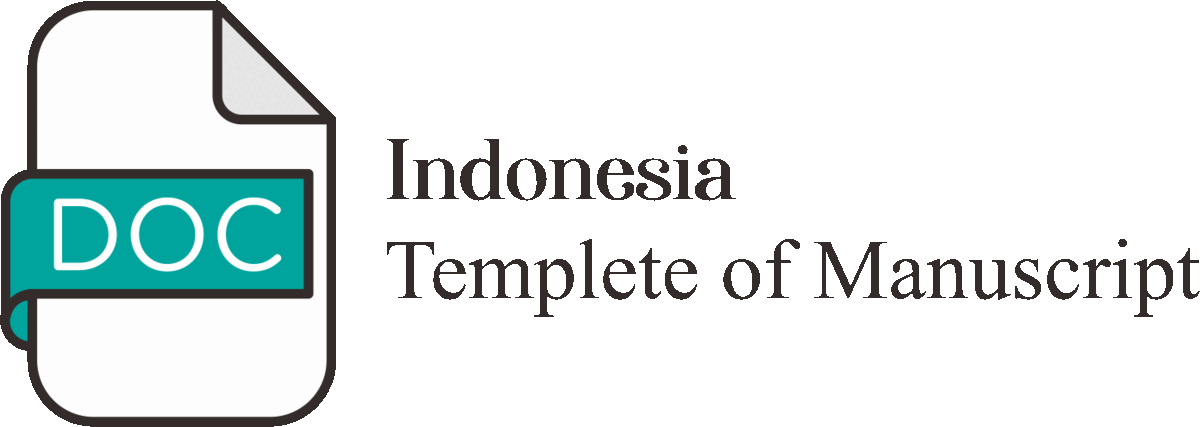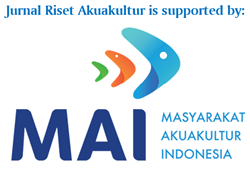KOMBINASI SIRIH DAN KIPAHIT SEBAGAI IMUNOSTIMULAN TERHADAP PENYAKIT Streptococcosis PADA IKAN NILA (Oreochromis niloticus)
Abstract
Serangan penyakit yang paling banyak ditemui menyerang kegiatan budidaya ikan nila adalah bakteri Streptococcus agalactiae sebagai salah satu agen penyakit Streptococcosis. Peningkatan sistem imun dari ikan yang dibudidayakan merupakan cara yang efektif untuk menanggulangi masalah tersebut. Salah satu fungsi tanaman obat adalah sebagai imunostimulan, di mana sistem imun akan meningkat terutama saat mengalami wabah penyakit ikan. Penelitian ini di tujukan untuk mengetahui efek penggunaan kombinasi ekstrak tanaman sirih dan kipahit dengan dosis yang berbeda terhadap respons imun bawaan dari ikan nila. Dosis yang digunakan adalah 1%, 2%, 4%, dan 8% per kg pakan pemberian pakan dilakukan selama empat minggu, diikuti dengan uji tantang menggunakan bakteri patogen S. agalactiae. Meskipun tidak terlihat perbedaan yang nyata, namun rerata respons imun hematokrit, eritrosit, leukosit, fagositik oksidase, dan lisosim pada kelompok perlakuan menunjukkan nilai yang yang lebih tinggi dibandingkan dengan kontrol. Perbedaan yang signifikan ditunjukkan oleh sintasan, di mana kelompok perlakuan mempunyai nilai sintasan yang lebih tinggi dibandingkan dengan kelompok kontrol. Hasil tersebut diduga disebabkan oleh kandungan bahan aktif yang terdapat dalam tanaman obat. Sehingga penggunaannya mampu bertindak sebagai sebagai upaya pencegahan dari infeksi bakteri patogen S. agalactiae. Perlu diketahui juga apakah kombinasi yang digunakan mampu bertindak untuk terapi (pengobatan).
Streptococcosis disease in nile tilapia culture is caused by Streptococcus agalactiae, a bacterium commonly found in freshwater systems. Vaccines and probiotics have been used to prevent the disease outbreaks. However, increasing the innate immune system of cultured fish is more effective in preventing the disease. Medicinal plants have immunostimulant properties, which could be used as an alternative prevention measure against Streptococcosis. This research aimed to determine the effects of betel and kipahit combination as immunostimulant against S. agalactiae in nile tilapia. The combinations consisted of four different doses of 1%, 2%, 4%, and 8% of the plants’ extracts per kg of feed. Feeding experiment was carried out for four weeks, followed by a challenge test using the pathogenic bacteria S. agalactiae. Despite no observable significant differences, haematocrit, erythrocyte, leukocyte, phagocytic oxidase, and lysozyme in the treatment group showed higher values than the control. The treatment groups also had better survival rates than the control group. These results indicate the presence of active compounds within the medicinal plants. In conclusion, supplementation of the plants’ active compounds in feed has the potential as immunostimulant agents in tilapia to prevent Streptococcosis disease caused by pathogenic bacteria S. agalactiae. Determining the capability of this plant combination as a therapeutic agent against S. agalactiaeis an interesting future research direction to be pursued.
Keywords
Full Text:
PDFDOI: http://dx.doi.org/10.15578/jra.16.1.2021.39-47

Jurnal Riset Akuakultur is licensed under a Creative Commons Attribution-ShareAlike 4.0 International License.

















